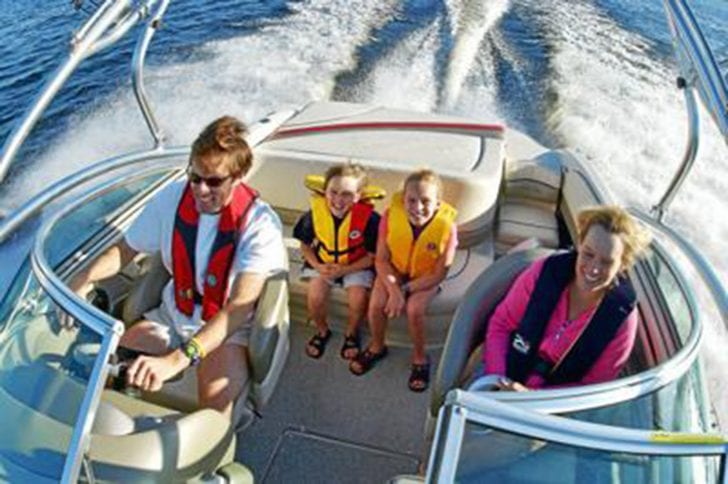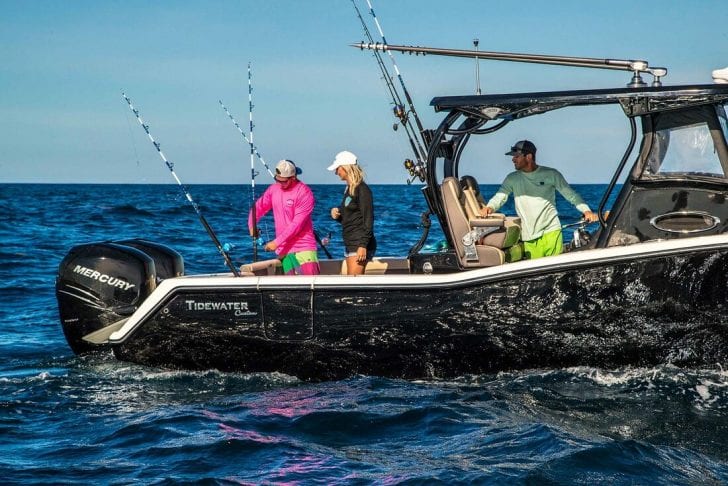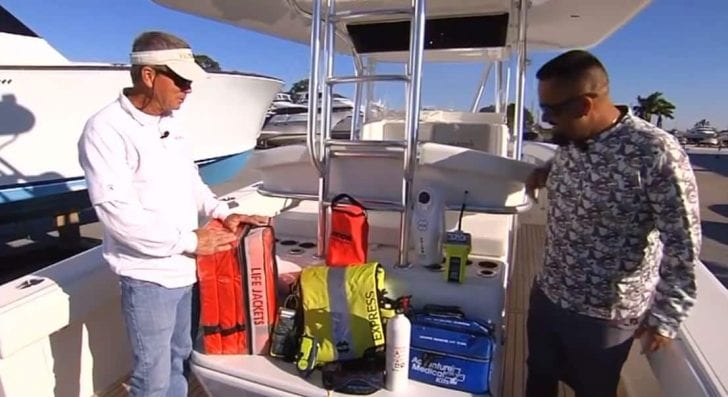Boating in the Lowcountry | Jim Duncan | June 2021
Boating is fun and relaxing and certainly a wonderful way to enjoy the low country.
However, there is a lot of responsibility when captaining your vessel. Boating education, safety and proper equipment are vitally important.
New boaters and even many seasoned veterans should take the time to understand the rules and regulations and get as much hands on training as possible.
You learned the “rules of the road” before you sat behind the wheel of a car and you should do the same before taking the helm.
Just like studying to get your driver’s license, it is very important to have the boating information you need to be a safe boater before you hit the water.
In South Carolina, a boating certification is not required for boat operators 16 years and older, but is certainly something everyone should do.
Not only will it make you and your family safer on the water, it could potentially reduce your insurance.
The US Coast Guard Auxiliary, America’s Boating Club (US Power Squadron) and many other organizations teach courses that will prepare you to pass the SC Boater’s certification course which can be found online.
You may also enjoy reading: Navigating The Cost Of Boat Ownership
Having the proper safety equipment on board is also a must. A Coast Guard approved wearable Personal Flotation Device, PFD, is required for every person on board and an approved throw-able device is required on boats 16 feet or longer.
Children under the age of 12 must wear their PFD on vessels 16 feet or less.
Fire extinguishers are required on nearly all boats. Flares are required on coastal waters and they have an expiration date.
Be sure to check the date on your flares before heading out on the water. All boats must also carry an efficient sound producing device including horns, bells or whistles.
Finally, navigation lights are required when operating between sunset and sunrise. Details of these requirements can be found at http://www.dnr.sc.gov/regs/boating.html.
While not required in SC, every boat should have an appropriate anchor with proper rope.
Even if you do not plan to anchor out, an anchor can come in handy if you become disabled.
It can keep you from drifting into the marsh making your situation worse. Your boat should also be equipped with appropriate dock lines and fenders.
Be sure to keep your lines neat and accessible and bring your fenders in the boat before getting under way.
Other items that you should always have on board include sunscreen, bug spray, hats, sunglasses and plenty of potable water.
Being prepared on the water will make your boating safer, more fun and less stressful.
At Duncan’s Boats, we are passionate about the boating lifestyle and encourage all boaters to enjoy the day on the water in a safe and responsible manner.
Jim Duncan / Duncan’s Boats
www.duncansboats.com | 843-744-2628
For more informative reading visit Duncan’s Boats Learning Center





